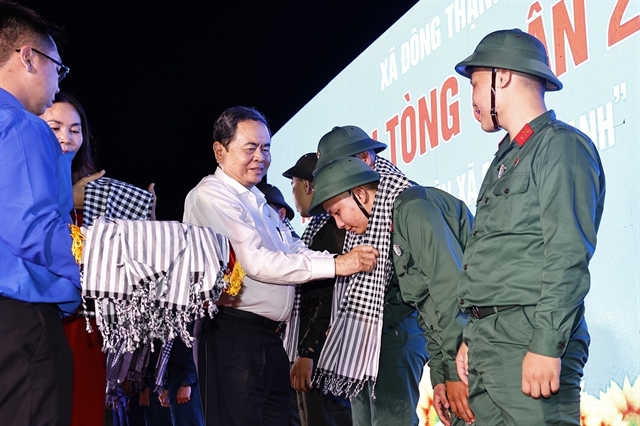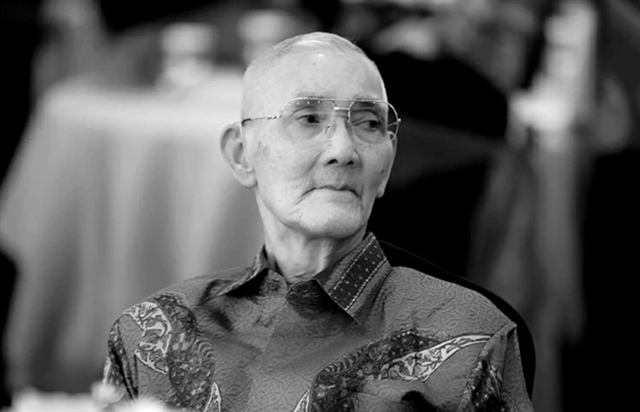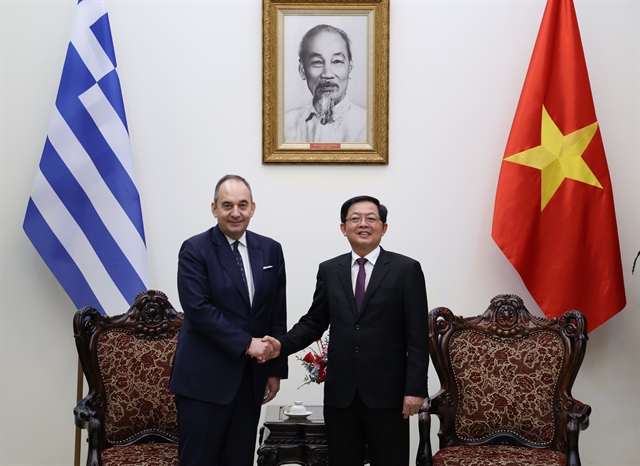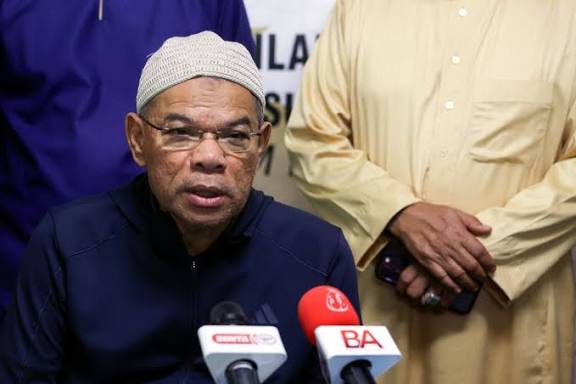 World
World

The European Union has expressed "concern" over Turkey's decision to impose a state of emergency following the attempted coup, and urged the country to respect human rights and the rule of law.
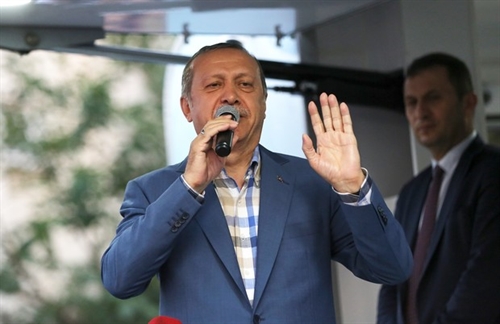 |
| Turkish President Recep Tayyip Erdogan addresses supporters in Istanbul after the failed coup attempt. The European Union has expressed "concern" over Turkey’s decision to impose a state of emergency following the attempted coup. AFP Photo |
ANKARA — The European Union has expressed "concern" over Turkey’s decision to impose a state of emergency following the attempted coup, and urged the country to respect the rule of law.
Turkey earlier imposed a three-month state of emergency, strengthening state powers to round up suspects behind the failed military coup and suspending a key European rights convention.
"We are following the developments regarding the state of emergency Turkey has declared after the attempted coup, which the European Union condemned, very closely and with concern," said a statement jointly issued on Thursday by the bloc’s foreign affair’s chief Federica Mogherini and enlargement commissioner Johannes Hahn.
"This declaration comes in the wake of the recent unacceptable decisions on the education system, judiciary and the media... we call on Turkish authorities to respect under any circumstances the rule of law, human rights and fundamental freedoms, including the right of all individuals concerned to a fair trial," the strongly worded statement added.
There has been growing global alarm over the extent of legal retribution following the coup that unsuccessfully tried to unseat President Recep Tayyip
Erdogan but ended with some 50,000 alleged sympathisers in state offices losing their jobs and more than 10,000 suspects detained.
After a marathon meeting of his national security council on Wednesday, Erdogan declared Turkey’s first state of emergency since 2002, the year before he first came to power as prime minister.
It came into force on Thursday, almost a week after the rebel soldiers surged into the streets with tanks, bombing parliament and shooting protesters on a bloody night of turmoil that left 265 people dead.
Erdogan said emergency law would allow Turkey to be cleared of "terrorists" linked to US-based Muslim preacher Fethullah Gulen, whom he accuses of orchestrating the failed coup from his leafy compound in Pennsylvania.
But Erdogan insisted democracy would "not be compromised" and lashed out at critics of the sweeping purge that has raised deep concerns about democracy and human rights in the key NATO member.
The extra powers, to restrict freedom of movement and other rights, were needed "to remove swiftly all the elements of the terrorist organisation involved in the coup attempt," Erdogan said.
Deputy Prime Minister Numan Kurtulmus said the special measures may only last up to 45 days, insisting that "we want to end the state of emergency as soon as possible".
Asked about whether the government may impose curfews, Kurtulmus said: "Very clearly no. This is not a declaration of martial law."
But he also said Turkey would suspend the European Convention on Human Rights, saying France had done the same after being targeted by a string of jihadist attacks.
"The road to arbitrary rule, unlawful behaviour, feeding on violence, has been chosen," complained the opposition Peoples’ Democratic Party (HDP).
"Society has been forced to choose between a coup or an undemocratic government."
Responding to a call by Erdogan not to stop protests, thousands of government supporters streamed across one of the two bridges spanning the Bosphorus Strait in Istanbul to condemn the coup. — AFP

